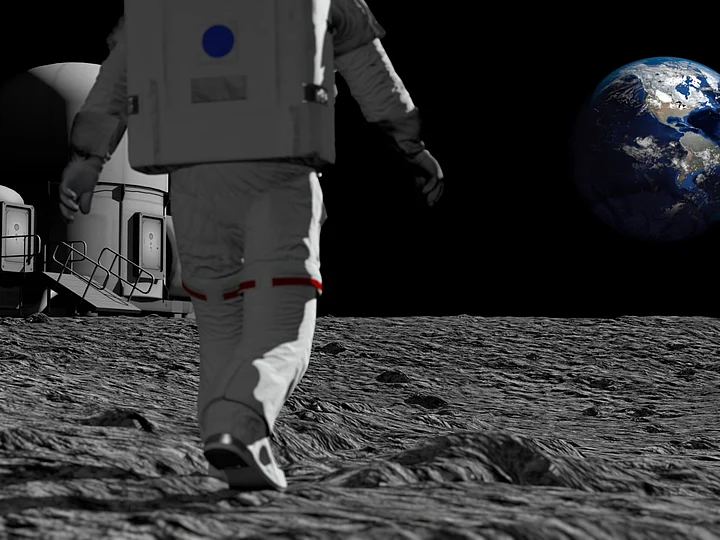International Moon Day (IMD) is celebrated annually on 20 July to commemorate the day when humans first landed on the moon. The landing of humans on the moon is till date considered as one of the biggest achievements in the history of mankind.
Astronauts Neil Armstrong and Edwin "Buzz" Aldrin were the first humans to set their foot on the moon during the Apollo 11 mission that took place in July 1969. During this mission, Michael Collins orbited the Moon in the command module.
The International Moon Day is recognized to honor and tribute the Apollo 11 mission Astronauts and their greatest achievement that levelled up the research of Astronomy for us.
History and Significance of International Moon Day
The United Nations General Assembly (UNGA) declared 20 July as the International Moon Day on 9 December 2021 through A/RES/76/76 Resolution. The day was proclaimed to honor the accomplishments of all states in the field of Astronomy, especially the lunar exploration. International Moon Day celebrations focus on creating awareness among public about the sustainable Moon exploration and utilisation.
According to United Nations Office for Outer Space Affairs, "20 July was chosen as International Moon Day to honour the anniversary of the first landing of humans on the Moon. This was accomplished by the Apollo 11 mission, during which Neil Armstrong and Edwin 'Buzz' Aldrin set foot on the Moon's surface as the first humans while Michael Collins awaited their return in the Columbia Command Module in Moon orbit. This marked a historic feat in Moon exploration and paved the way for future research and discovery."
(At The Quint, we question everything. Play an active role in shaping our journalism by becoming a member today.)
